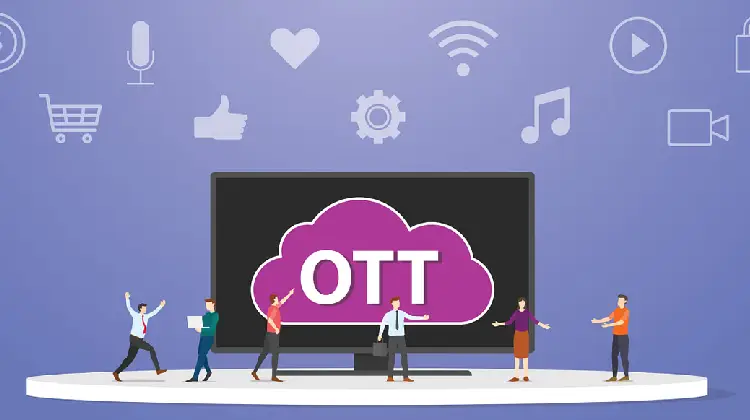Indian telecom operators, including Reliance Jio, Bharti Airtel, and Vodafone Idea, are intensifying their push for over-the-top (OTT) platforms to contribute towards the cost of telecom infrastructure. The telcos have reportedly urged the Department of Telecommunications (DoT) to implement a levy on major OTT players, drawing a parallel to the existing Universal Service Obligation (USO) levy that telecom companies themselves pay.
The core argument from the telecom service providers (TSPs) is that platforms like Netflix, WhatsApp, Amazon Prime, Facebook, Instagram, and Zoom generate substantial internet traffic, placing a significant strain on network resources. This necessitates continuous and costly upgrades and expansions of the infrastructure. Despite this heavy reliance on telecom networks, OTT platforms currently do not share the financial burden of maintaining or enhancing these systems.
To address this perceived imbalance, the telcos have proposed that a portion of the revenue earned by these OTT players within India should be subject to a levy, akin to the USO fee. They suggest that the collected funds could be directed to the Consolidated Fund of India or potentially a specialized fund like the Digital Bharat Nidhi (DBN), formerly known as the Universal Service Obligation Fund, which aims to improve connectivity in underserved areas. Additionally, the operators are advocating for bringing OTTs under the purview of corporate taxation and the Goods and Services Tax (GST).
The Cellular Operators Association of India (COAI), representing the interests of the telecom sector, argues that a ‘fair share’ contribution from OTTs would not violate net neutrality principles. Instead, they believe it would lead to improved overall service quality for consumers by enabling more robust and reliable networks.
Conversely, industry bodies such as the Internet and Mobile Association of India (IAMAI) and the Broadband India Forum (BIF) have historically opposed such measures. They caution that imposing levies on OTT platforms could stifle digital innovation, increase costs for users, and potentially contravene the principles of net neutrality.
As data consumption continues its upward trajectory and telecom operators seek sustainable models for network maintenance and growth, the government faces the complex task of balancing innovation, consumer interests, and infrastructure sustainability. The debate surrounding a revenue-sharing mechanism between telcos and OTT platforms is expected to continue.
Key Highlights:
- Indian telcos are lobbying the DoT to impose a ‘fair share’ levy on major OTT platforms to contribute to network infrastructure costs, similar to the USO levy.
- Telcos argue that OTTs generate significant traffic and should share the financial burden of network upgrades.
- The proposal suggests directing the levy proceeds to funds like the Digital Bharat Nidhi to enhance digital infrastructure.
- Industry bodies representing OTT platforms have previously opposed such levies, citing concerns about innovation, consumer costs, and net neutrality.

